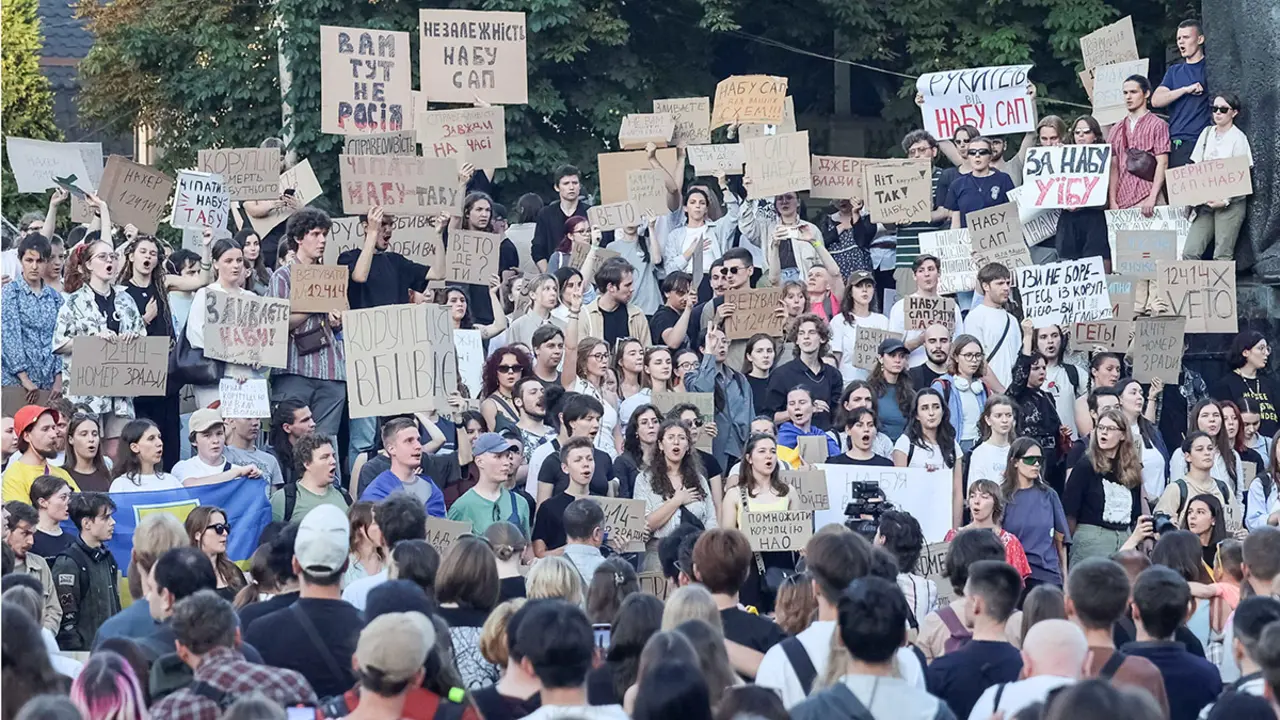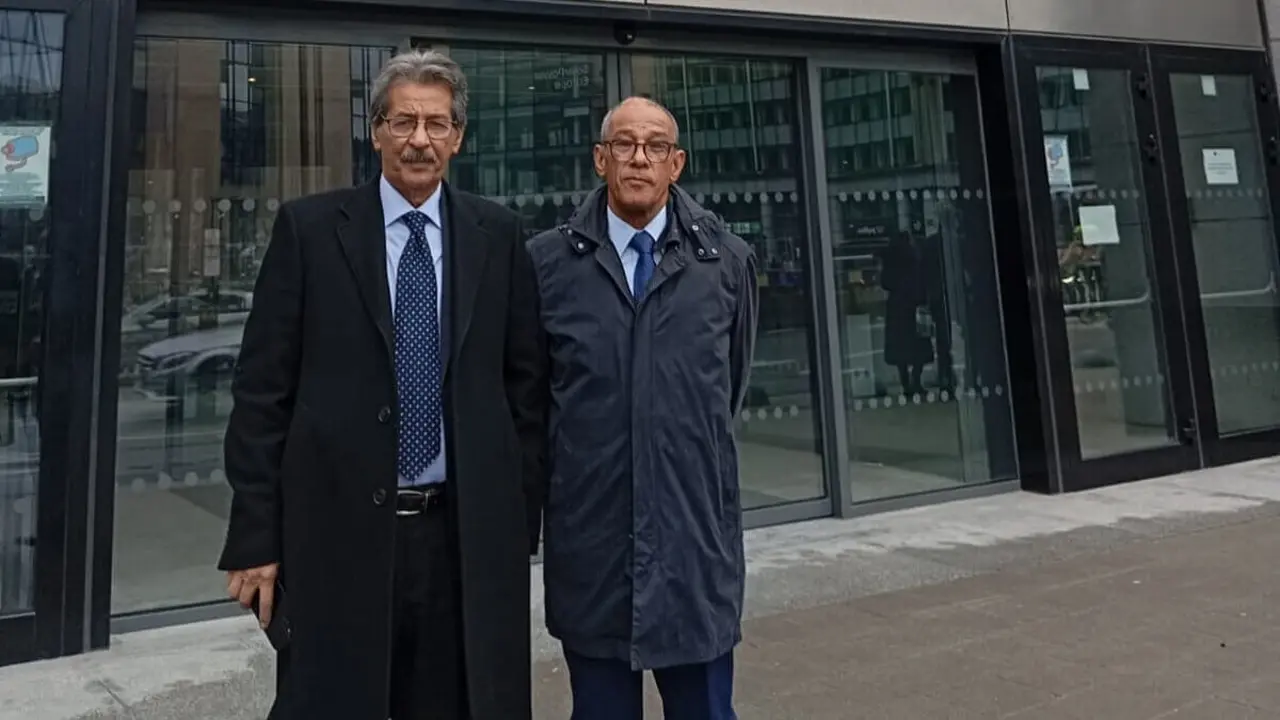Uruguay and Venezuela at the extremes of the fight against corruption

Uruguay is the Latin American country with the greatest capacity to fight corruption and Venezuela the one with the least, according to an annual index that, according to its authors, shows that the region has lowered its guard against this problem at a particularly worrying time due to the COVID-19 pandemic.
The Americas' Society/Council of the Americas (AS/COA) and the consulting firm Control Risks published the Corruption Fighting Capacity Index (CCC) 2020, a data-based analytical tool that was created in 2019.
"The anti-corruption wave that was advancing in Latin America a few years ago has lost strength and, in some places, is receding dangerously. What is even more worrying: this is happening while COVID-19 is increasing the risk of corruption throughout the region," said Roberto Simon, senior director of Public Policy at AS/COA, in a statement.
Rather than measuring the perceptions or economic damage caused by corruption, the CCC Index assesses and ranks countries according to how effectively they can combat the problem, which has been "historically a burden on Latin America that has undermined growth, democracy and governance and violated the rights of millions of people.
The second edition of the CCC Index covers 15 Latin American countries, seven more than the first. Uruguay has the highest score (7.78 out of 10), which means it is the country of the 15 analyzed most likely to discover, punish and stop corruption.
Uruguay is followed by Chile (6.57), Costa Rica (6.43), Brazil (5.52), Peru (5.47), Argentina (5.32), Colombia (5.18), Mexico (4.55), Ecuador (4.19), Panama (4.17), Guatemala (4.04), Paraguay (3.88), Dominican Republic (3.26), Bolivia (2.71) and Venezuela (1.52).

A comparison of the results for 2019 and 2020 in the eight countries analyzed in the two years shows that only Peru has improved, Argentina has remained the same and in the rest (Chile, Brazil, Colombia, Mexico, Guatemala and Venezuela) there have been setbacks.
"The results of the CCC 2020 Index have significant implications for those doing business in Latin America," says Geert Aalbers, one of Control Risks' partners. "They reveal an uneven and changing legal landscape, underscoring the need for companies to update their risk assessments and consequently adapt their compliance programs to manage corruption risks more effectively," he adds.
The CCC Index analyses 14 key variables, including the independence of judicial institutions, the strength of investigative journalism and the level of resources available to combat white-collar crime. It is based on data and a proprietary survey of leading anti-corruption experts from Control Risks, academia, civil society, the media and the private sector.








